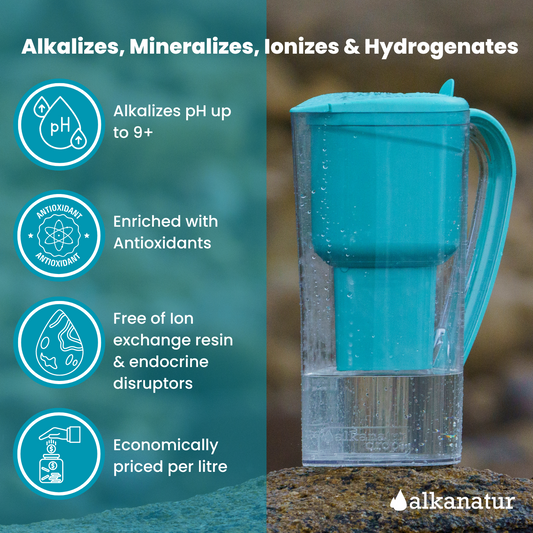Every second about 200 tons of plastic end up on the seabed. On June 08th was Oceans Day and social networks will be flooded with claims in the fight for the oceans and messages against their pollution, but is the population really aware of their relevance to life?
According to UN data, since the 1970s the rate of plastic production has grown disproportionately. If these growth trends continue, global production of primary plastic is projected to reach 1.1 billion tonnes by 2050.
It is worrying and especially in single-use products since due to their materials they must be discarded after a single-use. The vast majority of this waste ends up in our oceans, both floating and generating garbage islands and on the seabed, violating the habitat of the living beings that live there.
We must act but first, become aware and know:
Why are the oceans important?
Are a great producer of oxygen
About half of the oxygen we breathe is produced by phytoplankton, small marine plants that inhabit the oceans. These contain chlorophyll and capture sunlight and use photosynthesis to convert it into the energy they need, thus producing oxygen.
Regulates the earth’s climate
The ocean absorbs heat and transports warm water from the equator to the poles, and cold water from the poles to the tropics. These water streams are necessary so that the weather is not extreme in some regions. It also regulates rain and drought and absorbs CO2 to keep the Earth’s temperature in balance.
Food source
It is a very important source of protein for the population. Fish represents 16% of the animal protein consumed on Earth.
Home to many living beings
It is the habitat of numerous species. It is estimated that there are more than 300,000 different species living underwater.
It is also a home for human beings. More than 60% of the world’s population lives on the coast, thus depending on a healthy sea or ocean.
Generate employment
The seas and oceans are big sponsors for many sectors such as tourism, aquaculture, renewable energies, fishing, the shipbuilding sector, transport and a long etcetera. It should be noted that 90% of world trade is carried out by the sea.
This massive consumption of plastics at the same rate as the current one, especially single-use plastics such as bottles, glasses and masks, will lead to great pollution, the death of marine species, the destruction of coral reefs and by the year 2050 the presence of more plastics than fish.
Alkanatur Alkaline Water Filter Pitcher with Magnesium & Antioxidants – Alkanatur North America









